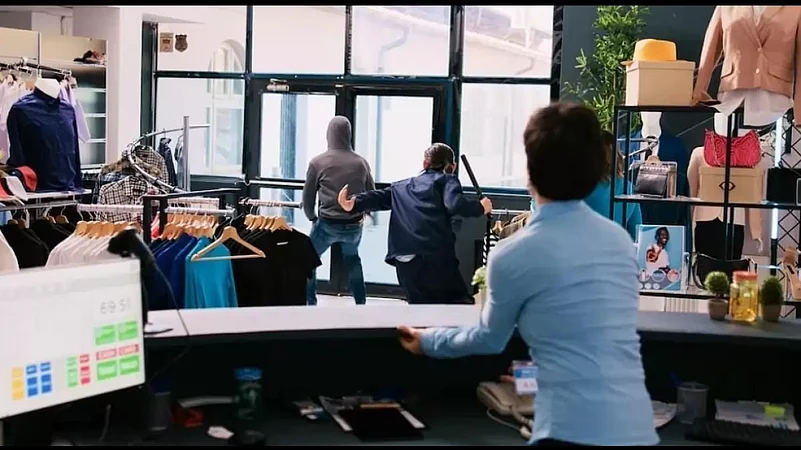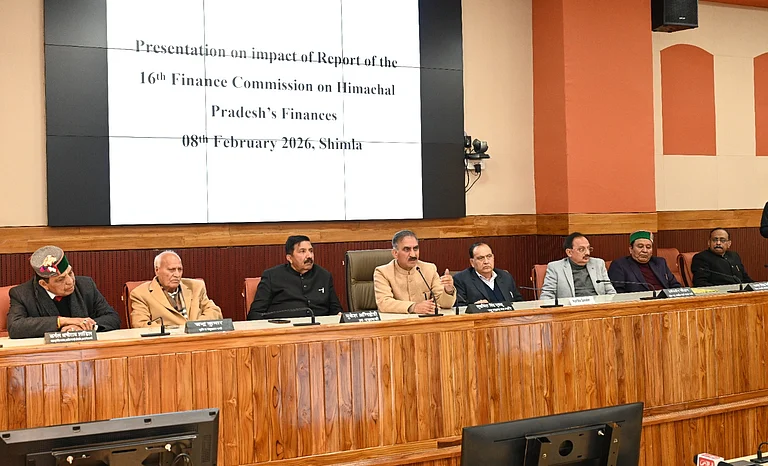Retail crime has been on the rise in the United States for the past five years, impacting stores from Woonsocket, Rhode Island, to Greensboro, North Carolina, to Grafton, Wisconsin. According to the National Retail Federation, store losses escalated from $453,940 per $1 billion in sales in 2015 to $719,458 in 2020.
Surprisingly, the most significant increase occurred not during the pandemic but in 2019, with total losses from shoplifting reaching a staggering $61 billion, up from $50 billion the previous year. The lockdowns in 2020 and early 2021 temporarily moderated these losses, primarily due to store closures and reduced operating hours. However, as normal retail operations have resumed, crime rates have spiked once more.
The tradition of shoplifting
Shoplifting has evolved beyond its traditional image of nonviolent crimes mainly committed by teenagers or substance-abusing adults. Recent surveys by the National Retail Federation indicate that violence associated with store thefts has increased, primarily driven by organized gangs that resell stolen goods. Retailers and law enforcement officials partly attribute this crime surge to the widespread reduction of penalties for shoplifting.
Laura Cooper, head of the Major Cities Chiefs Association, emphasized the need for deterrents and accountability to prevent communities from falling victim to these crimes.
California flash mob shoplifting
California's high-profile "flash mob" shoplifting incidents have drawn attention to Proposition 47, a 2014 state ballot initiative that raised the felony threshold for shoplifting from $450 to $950. The aftermath of its passage witnessed a sharp uptick in retail theft, often occurring in plain view of helpless store personnel and customers.
What has received less attention is the fact that California's Prop. 47 is not an isolated case. In the past decade, nearly half of all states have increased their felony shoplifting thresholds. Currently, 38 states do not consider shoplifting a felony unless $1,000 or more of merchandise is stolen.
Concerns and policies
Retailers also point to unintended consequences of government policies, including changes to bail laws that result in swift releases for those committing misdemeanor property crimes. Mask mandates enable criminals to conceal their identities while bans on single-use plastic bags facilitate theft. Retailers and law enforcement are calling for reforms such as amendments to shoplifting laws, tougher bail for repeat offenders, federal laws targeting interstate shoplifting gangs, and regulations to crack down on online sites selling stolen goods.
As the retail industry strives to return to pre-pandemic normality, the challenge remains whether this normality will also encompass flash mobs, smash-and-grab thefts, and the fear that has gripped both employees and customers.


























